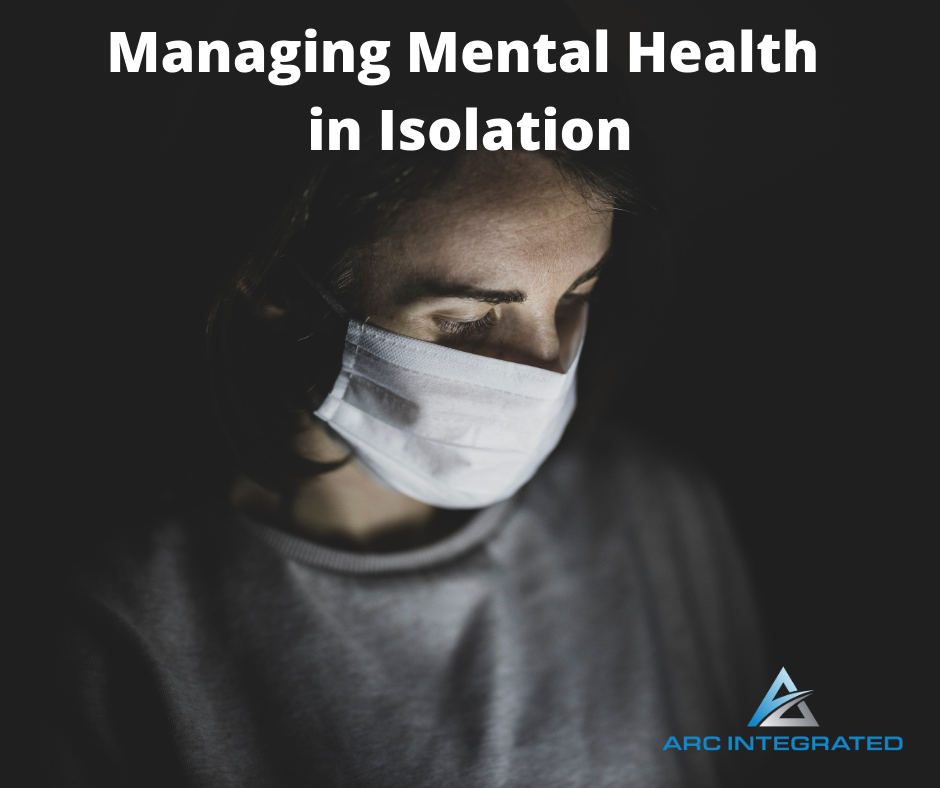5 Strategies for Leaders to Enhance Workplace Wellness and Mental Health

In today’s fast-paced corporate environment, maintaining employee wellness and mental health is not just beneficial; it’s imperative. At Arc Integrated, we’ve gathered insights directly from our clients—leaders like you who strive to uplift their team’s performance and culture. In this blog post, we’ll delve into five actionable strategies that can immediately enhance wellness and mental health in your workplace.
1. Normalize Mental Health through Core Values
One effective strategy is to align mental health initiatives with your organization’s core values. For instance, if one of your core values is care, you can emphasize this by promoting wellness as a crucial aspect of caring for your employees. This approach not only supports your employees but also enhances their performance by creating a nurturing and supportive environment.
2. Reduce Counterproductive Demands
Excessive work hours can significantly deteriorate mental health and overall wellness. As leaders, it’s crucial to identify and eliminate unspoken demands that may contribute to such stress. By reassessing these expectations, you can foster a more balanced and productive work environment.
Research has consistently shown the stark impacts of overworking on mental health, with notable gender differences. A follow-up to the renowned Whitehall study conducted a prospective cohort study of 2,960 middle-aged full-time workers, including 2,248 men and 712 women. The findings were alarming: female workers logging more than 55 hours per week exhibited a 267% increase in depression symptoms and a 284% increase in anxiety symptoms, compared to those working standard hours (35–40 hours per week). This highlights the critical need for tailored strategies to mitigate the adverse effects of long working hours, particularly among women. For more detailed findings, refer to this study: Long Working Hours and Symptoms of Anxiety and Depression: a 5-Year Follow-up of the Whitehall II Study
3. Promote Health, Not Just Manage Illness
Shift the focus from managing illness to promoting health. Simple initiatives like providing healthy food options, encouraging physical movement, or facilitating mindfulness and meditation can make a substantial difference. By promoting healthy habits, you contribute to a more vibrant, energetic, and healthier workplace.
Additionally, it’s encouraging to see that these efforts are being embraced by employees. According to a 2023 study by ResumeLab, 71% of employees have taken advantage of mental health support offered by their employer. This statistic highlights the importance and effectiveness of proactive health promotion in the workplace, demonstrating that when employers provide these resources, employees are likely to engage and benefit from them.
4. Create Challenge and Incentive Programs
Organizing health-related challenges and incentives, such as hydration challenges, meditation, or fitness events, can significantly boost engagement and community spirit within your team. These initiatives not only promote health but also foster a sense of camaraderie and collective effort.
5. Build a Supportive Community
Isolation can lead to significant mental health challenges. Creating opportunities for employees to connect, whether through interest-based groups, offsite events, or company retreats, can enhance the sense of belonging and support among team members.
Implementing these strategies can lead to a more supportive, engaged, and healthy workplace. By normalizing mental health discussions, reducing harmful demands, focusing on overall health, initiating wellness challenges, and fostering community, leaders can significantly improve their team’s mental health and wellness.
If you found this article helpful and want to learn more about the topic you can watch the video version of 5 Leadership Strategies to Enhance Workplace Wellness.
As always if you have any questions or concerns you can schedule a time to connect.
Be well,
Michael
Resources:
- Blog Post: 5 Ways Leaders Can Support Employee Goals
- Blog Post: How to Effectively Have Difficult Conversations as a Leader
- Video: 5 Ways Leaders Can Support Employee Goals

